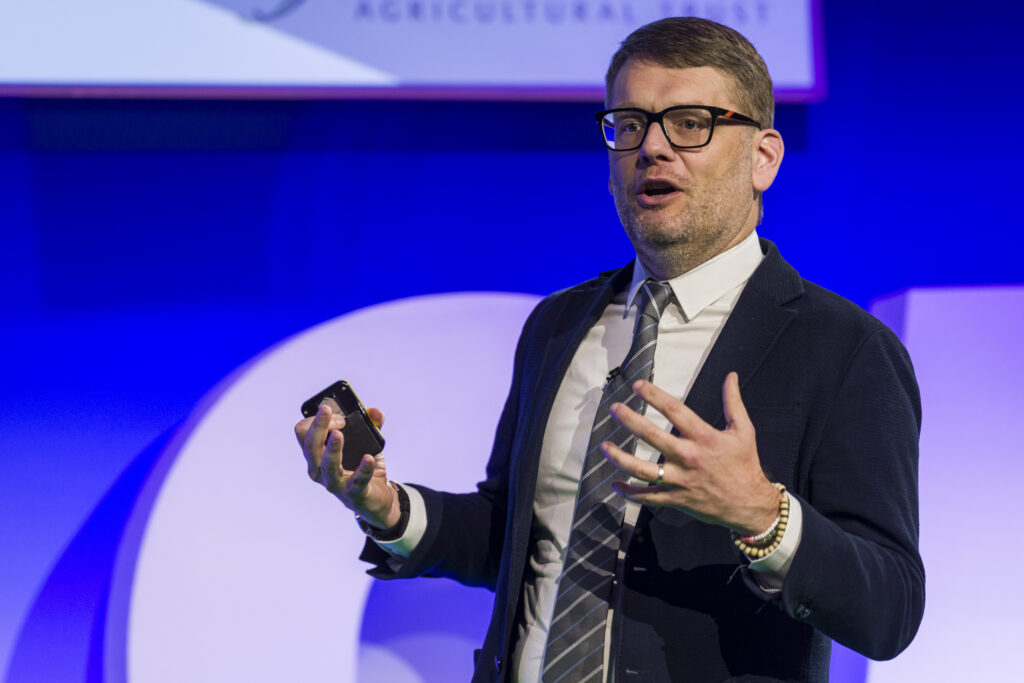One of the leading figures involved in developing potentially game-changing new gene editing technology in the pig sector has called for the UK government to put a clear timeframe on legalising the technology in the UK.
During his Oxford Farming Conference speech, Defra secretary Steve Reed said the government will introduce secondary legislation to Parliament by the end of March, ‘unlocking new precision breeding technology that will allow farmers to grow crops that are ‘more nutritious, resistant to pests and disease, resilient to climate change and benefit the environment’.
There was, however, no mention of the use of the technology in livestock, which is of interest to the pig sector, with, for example, the development of PIC’s PRRS-resistant pigs.
Dr Craig Lewis, genetic services manager for PIC Europe, also addressed the conference, explaining how the technology could deliver huge benefits to the pig sector globally, primarily as a defence against one of the pig sector’s biggest disease threats, but also in terms of better food security, higher pig welfare, reduced antibiotic use and lower emissions.
Some countries, including Brazil and Columbia, already accept PIC’s PRRS-resistant gene edited pigs and the company expects a decision in the US before the end of this year.
Dr Lewis told OFC that Europe and the UK now have a ‘fundamental choice’ about whether a ‘truly exciting technology’ that can bring huge benefits to society.
Extremely positive
Afterwards, he explained that he was ‘extremely positive’ about the Mr Reed’s comments on the Precision Breeding Bill.
“It is a step forward and an endorsement of the technology – people can see the advantages precision breeding can bring in plants,” he said.
“The original bill covered plants and animals, and we always knew animals would be slightly behind, compliance-wise, because you need other things, like welfare declarations.
“I’m just I’m just hoping the government can continue to be timely, so we can bring these technologies that fundamentally are going to have huge beneficial effects.
“In the context especially of FMD in Germany and other threats, we need to be able to use whatever tools possible to tackle disease, climate change and all the challenges that we face as a society.
“It’s on the radar, which is positive, but as a scientist and a stakeholder, a clearer signal or a clearer timeline would be a welcome development.”




